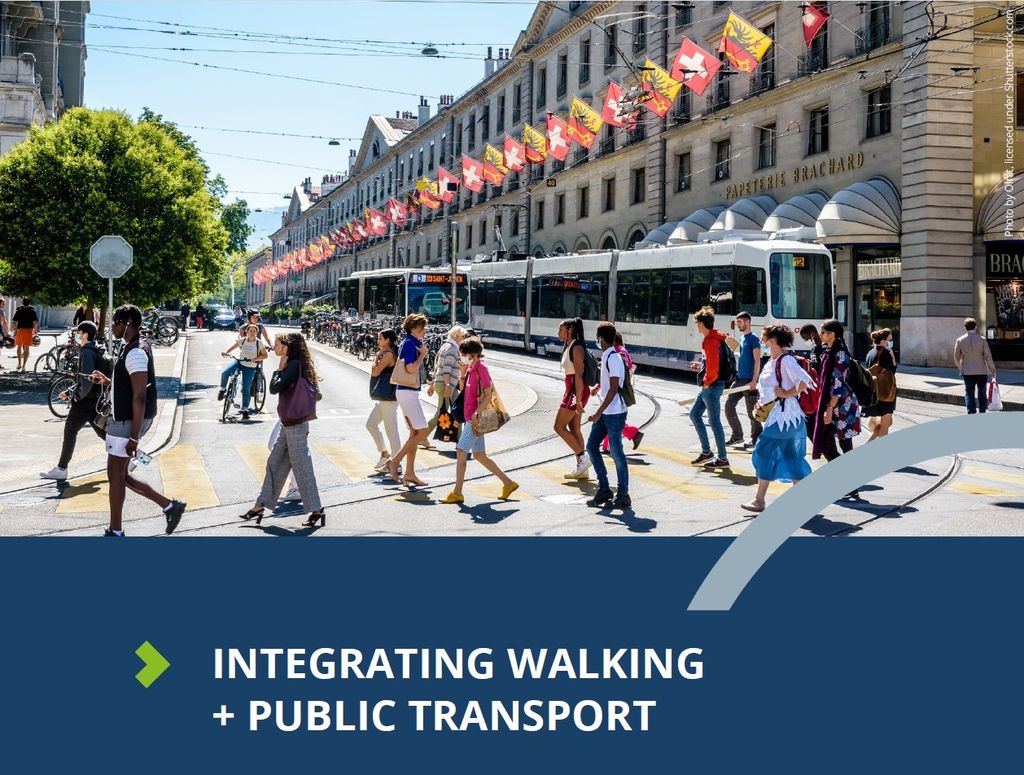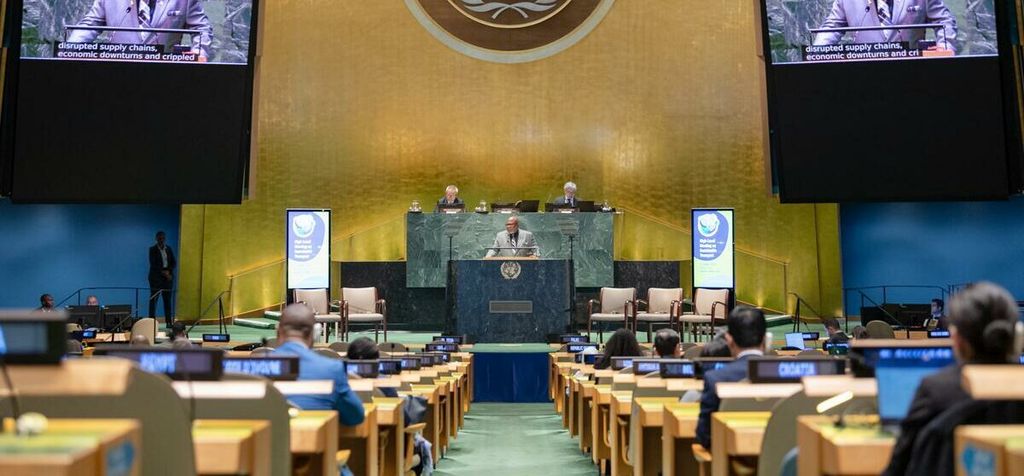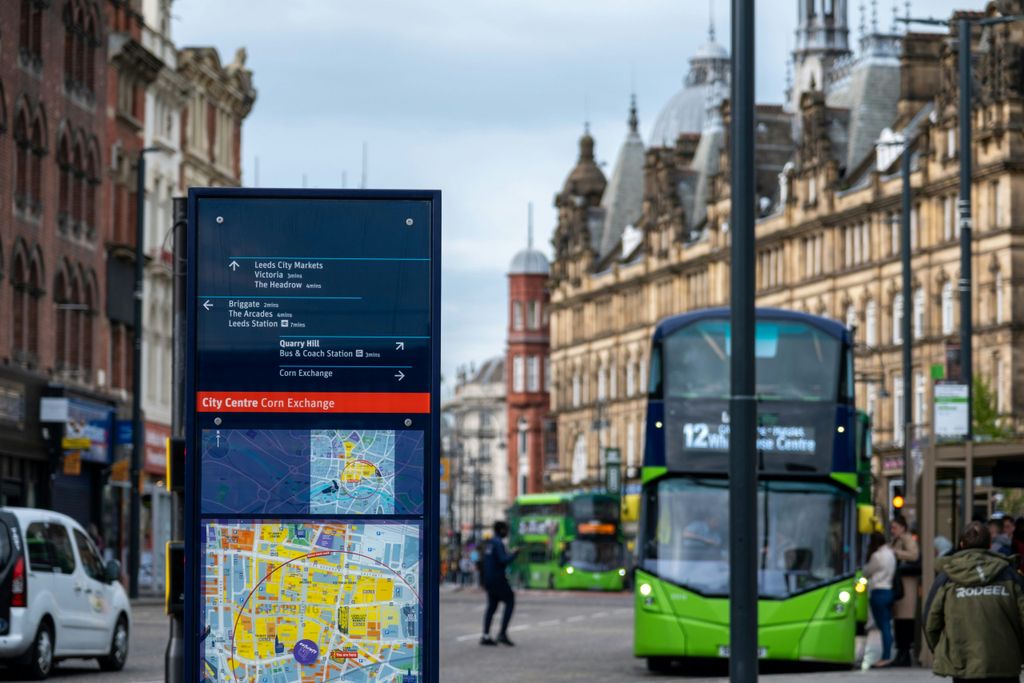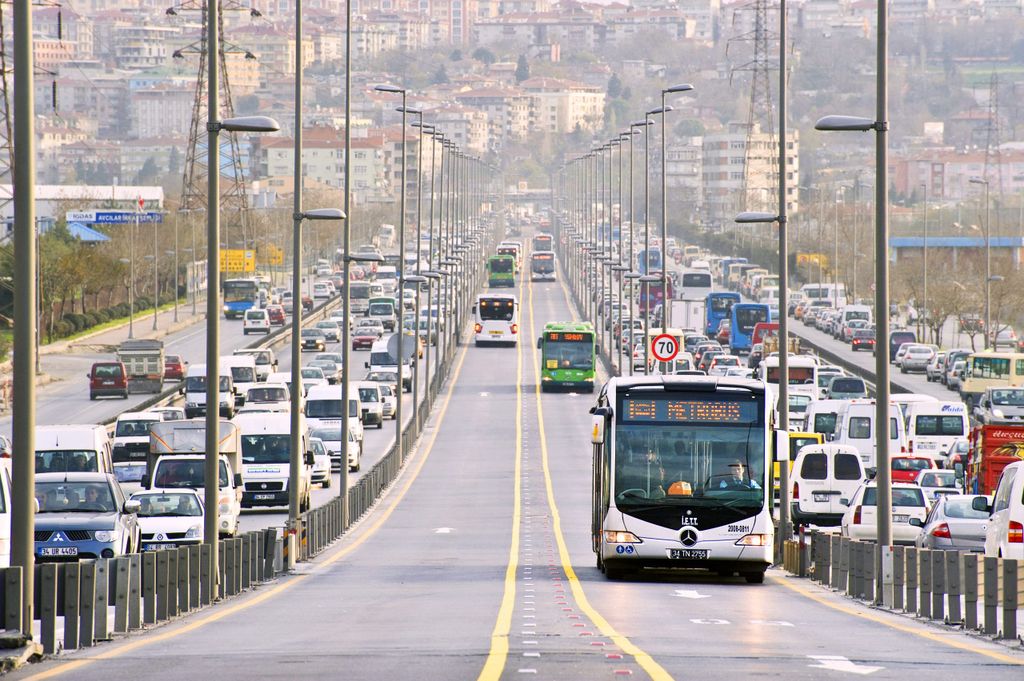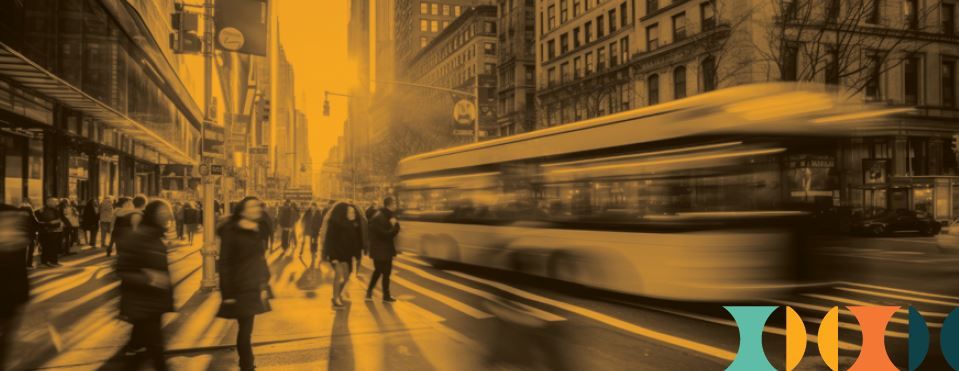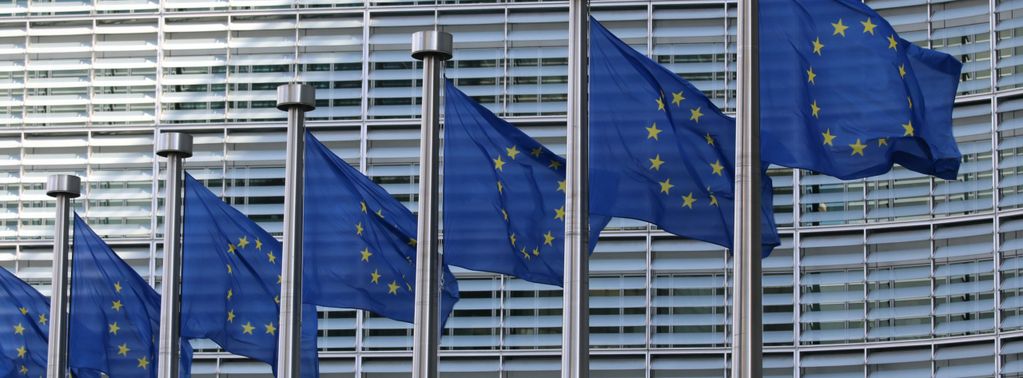
Position Paper: Passenger Rights in Multimodal Journeys
In its new position paper, UITP presents the views of EU public transport sector on the proposed regulation on passenger rights in multimodal journeys.
Check out the pdf or continue reading below
The proposed regulation, by defining new rules to protect passengers using diverse types of transport, like buses and trains all in one trip, introduces multimodality in the passenger rights framework.
Local public transport is a set of transport modes per se; urban, suburban public transport is inherently multimodal. Public transport authorities are in charge of developing multimodal integrated transportation offer. The operators are often bound by a Public Service Obligation (PSO) contract with the authority. The intention of the new set of rules is to preserve the specificities of local passenger transport services running under PSO contracts.
Passenger rights are nothing new for public transport. Already back in 2006, UITP members agreed to apply common passengers’ rights defined in a UITP Passenger Charter. To remain coherent with the evolving EU passenger rights legislation and include new digital technologies, UITP, together with the European Passenger Federation, updated the Passenger Charter in 2019. The Charter is a voluntary commitment by public transport operators and public transport authorities and is designed to increase the quality of service by better meeting the need of all customers. It defines basic passenger rights and obligations such as non-discriminatory provision of tickets, customer information, safety and security, assistance to passengers with reduced mobility… As such, UITP-EPF Passenger Charter is a front-runner in the definition of a passenger rights framework in a multimodal context.
Generally, we fear that this proposal may lead to passengers’ confusion: scope not defined in an absolutely clear way, types of tickets and information about them quite difficult to understand for the passengers, additional layer of rights coming on top of what already exists and with different requirements compared to modal regulations, meaning for instance that different rights would apply to the same rail journey depending on the type of ticket…
We also fear that this proposal needs clarifications also for operators and their staff dealing with passengers. It appears quite complex and costly for operators and authorities. The risk to make it less attractive to offer multimodal tickets, which is the opposite of the intention of the proposal. Besides clarifications, UITP also recommends an impact assessment focusing on the impact for operators and authorities of the proposed regulation.
With this in mind, UITP would like to suggest the following clarifications in the text.
According to article 2, the proposal is intended to cover passenger transport services already covered by existing EU passenger rights regulations, thereby not local (urban, suburban) rail and road public transport services. However:
- The word “including” in the definition of carrier in article 3(2) tends to suggest that other carriers not defined in the scope of the existing EU passenger rights regulations may fall in the scope of this regulation. The word “including” shall be deleted and replaced with “and defined as follows”
- Care should be taken to cancel any ambiguity and exclude specifically urban and suburban modes of transport which are not in the scope of the existing EU passenger rights. For instance, multimodal journeys are simply defined in article 3 as journeys covering “at least two transport services and at least two modes of transport”, potentially leading to confusion. UITP recalls indeed the importance of making a clear difference all along the text between long distance transport services running under a timetable and subject to seat reservations, and urban/suburban public transport services.
- Consequently to the two above-mentioned points, it shall be without any ambiguity that local public transport services connected to multimodal passenger hubs are excluded.
Considering the aforementioned caveat regarding the scope, UITP emphasises the following additional needs for clarifications.
Liability
The text shall remain clear about the definition of responsibility of the various actors involved in multimodal journeys to avoid any unnecessary ambiguity. Carriers shall not take the burden of all responsibilities. The specific liability regime for intermediaries combining tickets on their own initiative shall remain.
This initiative should not lead to the definition of one “multimodal journey leader”, i.e. one carrier managing, throughout the whole journey, passenger rights, interfaces, assistance, delay compensation requests…
Provision of tickets
Regarding the category of tickets, the transport operators should remain free to decide, based on agreements with other operators, whether their services are part of a multimodal journey in a single or combined multimodal ticket, i.e. no obligation to offer “through tickets” for multimodal journeys and obligation for intermediaries to offer combined multimodal tickets based on agreements with the involved carriers.
Also, UITP would like to highlight the potential confusion for the passengers as on the type of tickets they have, and the consequent potential difficulties for the carriers’ staff to explain them to the passengers. According to the article 5 of the current proposal, before purchasing the tickets, passengers will have to be informed about the type of multimodal ticket(s) they buy, i.e. single, combined or separate multimodal ticket(s). Single multimodal tickets represent today a very small fragment of all sold tickets and writing on most of the tickets the full information would more confuse passengers than inform them.
Data
Article 6 introduces the possibility for carriers offering single multimodal contracts to require from other carriers and intermediaries a “fair, reasonable and proportionate financial compensation for the costs incurred in providing the access” to travel information. This principle shall remain in the text. The data to be provided to other carriers and intermediaries shall be necessary and subject to a licence.
PRM Assistance
The regulation suggests in the article 15 the definition of single points of contact for multimodal passenger hubs in the urban nodes referred to in the Annex I of the draft regulation. This is rather vague. What stations within the urban nodes are concerned? Not all local stations have a physical point of contact in place for PRM assistance; the text should give the possibility to set up such single points of contact as digital tools. Also, it shall be reminded what journeys/carriers are concerned to avoid confusion for the passengers.
More generally, UITP questions the notion that people with disabilities are helped best by introducing such single point of contact and requesting “terminal and station” managers. In some Member States, e.g. Denmark, many public transport stations don’t have managers, local municipalities have the direct contact with the disabled passengers and there is a special assigned public transport regime which focuses on disabled.
Delay given to carriers for reimbursement
According to article 8, passengers who do not receive the reimbursement from the intermediary within 14 days should be contacted by the contracting carrier to receive the payment details for the reimbursement. How are carriers supposed to know that a passenger did not receive the payment from the intermediary? Intermediaries in the commercial contract should be obliged to provide such information as soon as possible when asked by the contracted carrier.
Still according to article 8, upon reception of the passenger’s payment details, the contracting carrier is supposed to reimburse the passenger within 14 days. This may be unrealistic, even with all possible good will. Giving 30 days to carriers for reimbursing the passengers after receipt of the request, as defined in Regulation 2021/782 on rail passenger rights, is closer to reality.
Delay triggering financial responsibility
Article 7 on reimbursement and re-routing does not define any delay triggering the application of the article. The current wording, which seems to encompass all types of delay, including delays of just a few minutes, needs to be changed. Indeed, it is unreasonable to give passengers the right to a full refund if they can arrive at their final destination with a limited delay. Without a threshold, there is also no financial incentive for the carriers concerned to limit the delay in the event of a missed connection. Considering all modes shall be able to comply with this regulation, it is recommended to take the lowest common denominator, which is reasonable and feasible for all modes. In that case, the delay period that opens the right for compensation or reimbursement (in the event of travel abandonment) and re-routing in the event of a missed connection should be 180 minutes, as in the airline sector.
Common form
The implementing act for the common form for reimbursement and compensation requests provided for in the rail passenger rights regulation has not yet been published. It would therefore be wiser to wait for the rail common form to be final before adopting the common form for multimodal journeys as proposed in article 11, otherwise we run the risk of having different forms and confusion for passengers. Furthermore, it should be specified that passengers must submit the form in the working language(s) of the operator or distributor, and that the operators may still use their own form.
Reasonable transfer and transition times
We also consider it necessary to stipulate in the proposed regulation that passengers and travellers are only entitled to their rights if they provide for appropriate transfer and transition times in their travel planning, which are adapted to their individual situations.
Other definitions
Ticket vendor: in the rail passenger rights regulation, the definition of “ticket vendor” mentions the need for a contract between the vendor and the railway undertaking. This clarification could be included in the proposed regulation in article 3(3).
Offer contracts: The terms “offer contracts” in article 4(1) could be better defined in order to avoid making the carrier liable by default for offers made by the distributor. The entity ” offering contracts ” could then be defined in article 3 as the entity which has determined the general conditions and the type of contract for the ticket sold and could thus be the entity which manages the conclusion of the contract on behalf of the carrier.
Contact
UITP



